The night of destiny, also known as 'Shab-e-Qadr', is one of the holiest night of the year for Muslims across the world throughout which the first verses of the Holy Qur’an were revealed by the archangel Gabriel to the Prophet Muhammad (peace be upon him).
Iran (IMNA) - There has been various beliefs over the exact date of Shab-e -Qadr; however, there is a general consensus that the Night of Power falls on odd -numbered of the last 10 nights of holy Ramadan , with odd-numbered days being more likely.
Shia Muslims commemorate Laylat al Qadr on the 19th, 21st or 23rd nights of Ramadan. Even so, more emphasis is laid over the 21st and the 23rd, particularly the 23rd. Shab-e -Qadr carries great significance for Muslims around the world; the Holy Qur’an describes this single night as being better than 1,000 months.
To solemnize the holy night, Iranian Muslims congregated in religious sites, observing the guidelines on social distancing, to pray to god for mercy, forgiveness, and salvation as they believe that Laylat al Qadr marks their ultimate fate in the following year. The night of destiny is the symbol of purifying soul and focusing on the spiritual aspects of life; this practice is called Ehyaa during which worshippers stay awake for the whole night, praying and reciting the Quran.
The Laylat al Qadr carries great significance for Shia Muslims as the dawn of the 19st day of Ramadan marks the martyrdom anniversary of Imam Ali (peace and greetings be upon him), the first imam of the Shi'ah.
Let's see how Isfahani citizens observe the night of destiny.
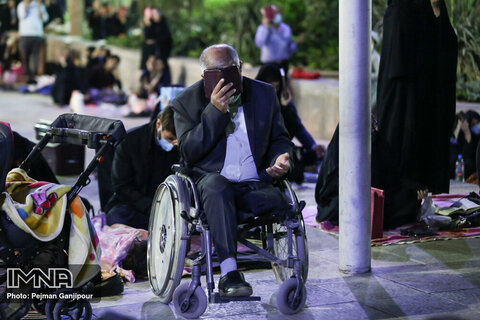
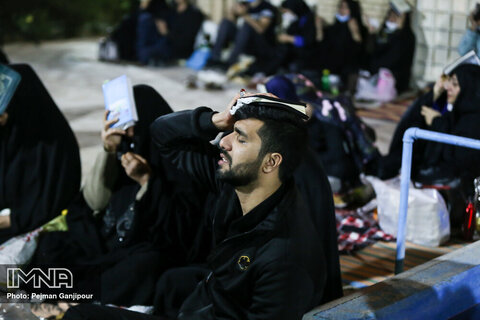
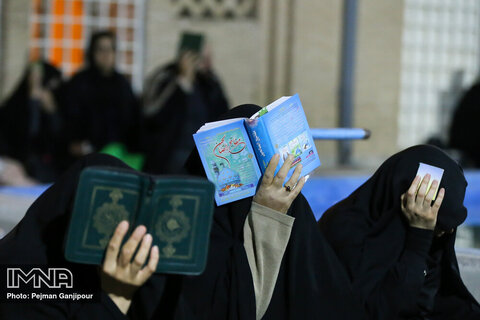
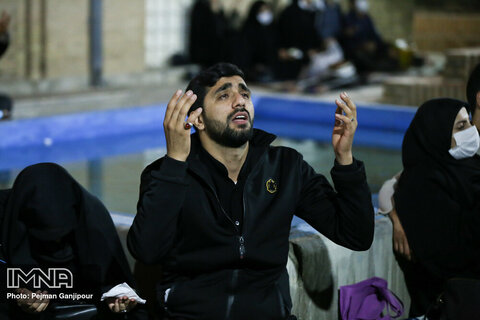
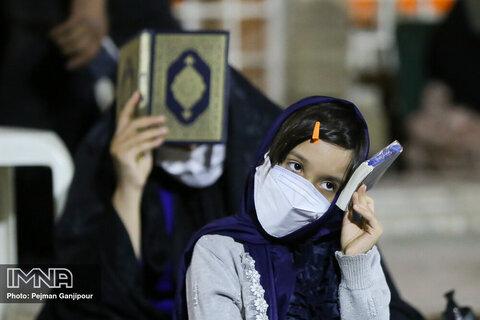
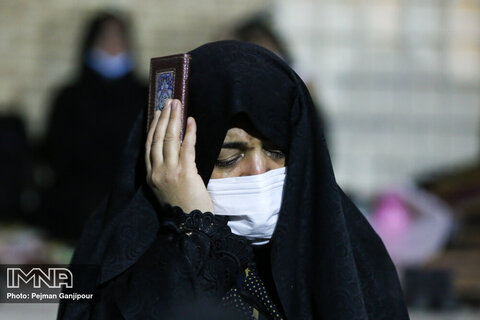
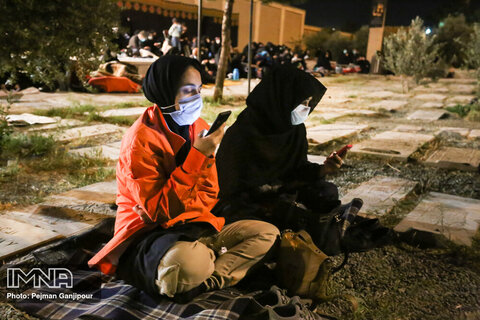
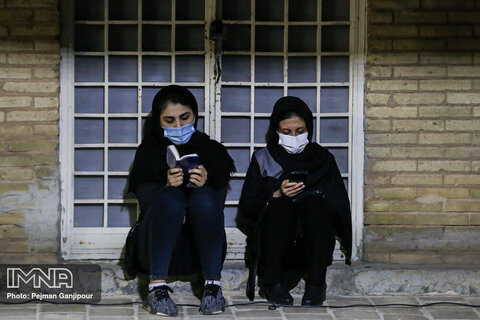
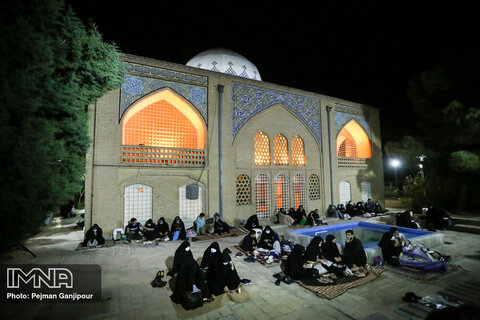
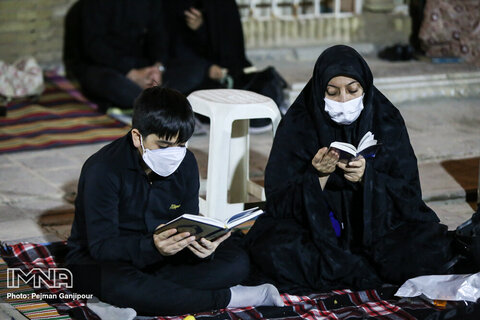
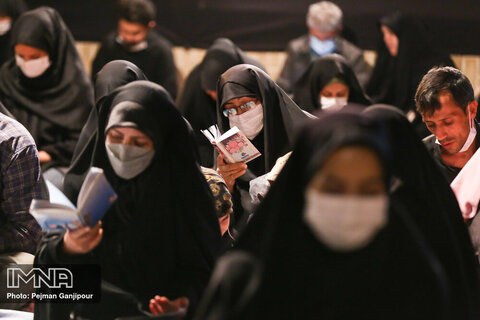
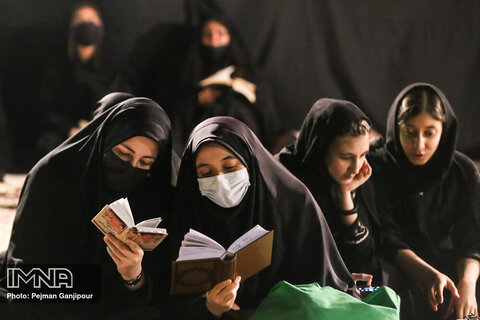
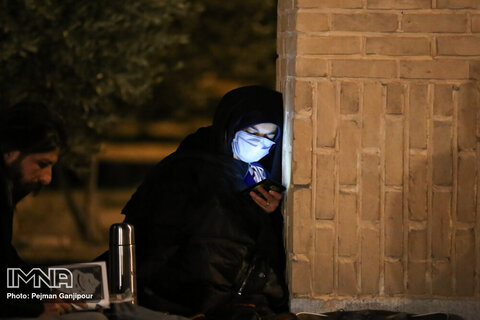
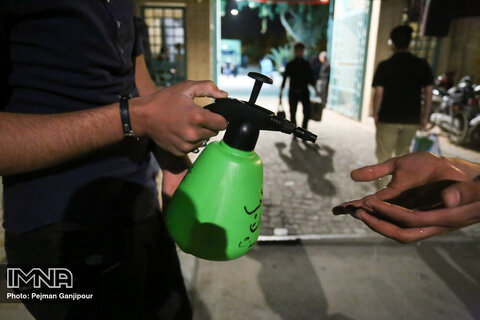
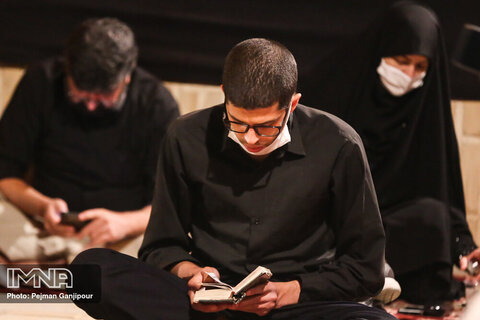
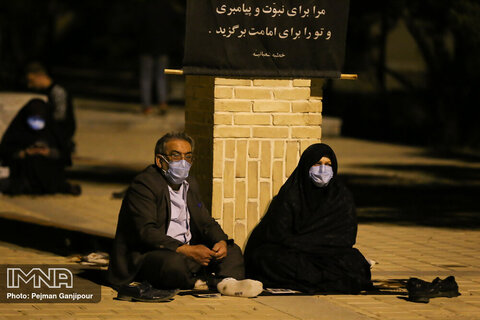
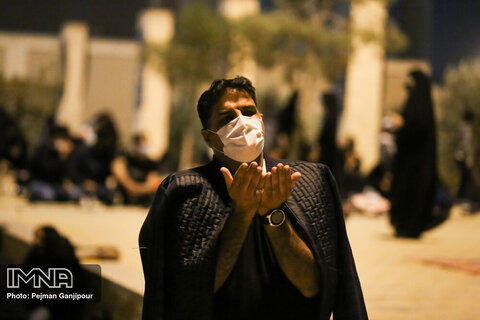
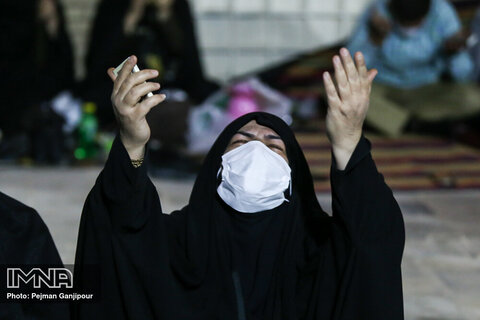
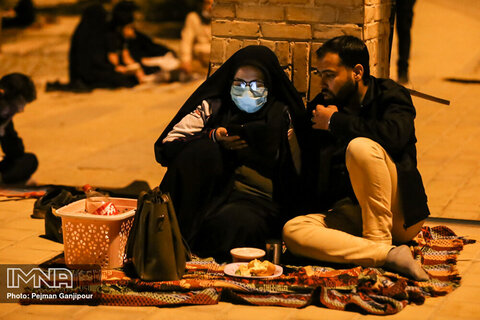
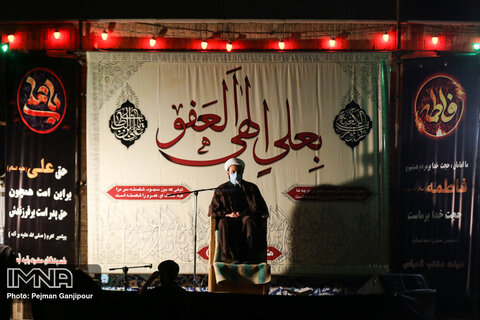
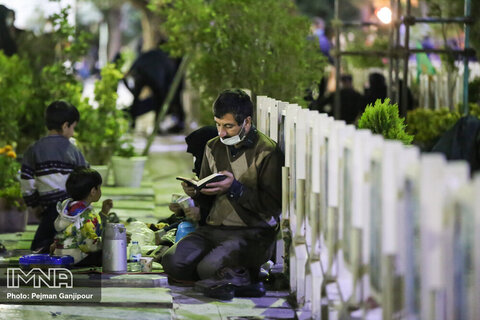
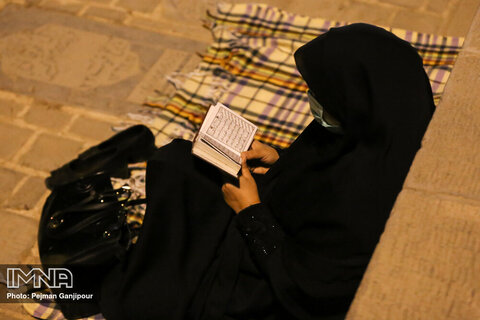
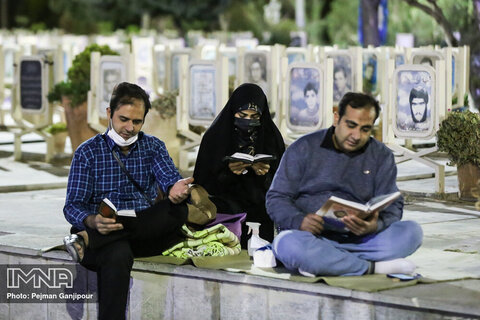
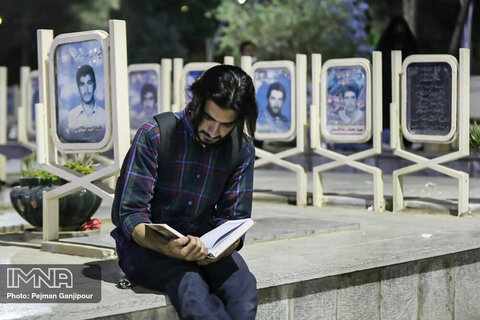
Your Comment